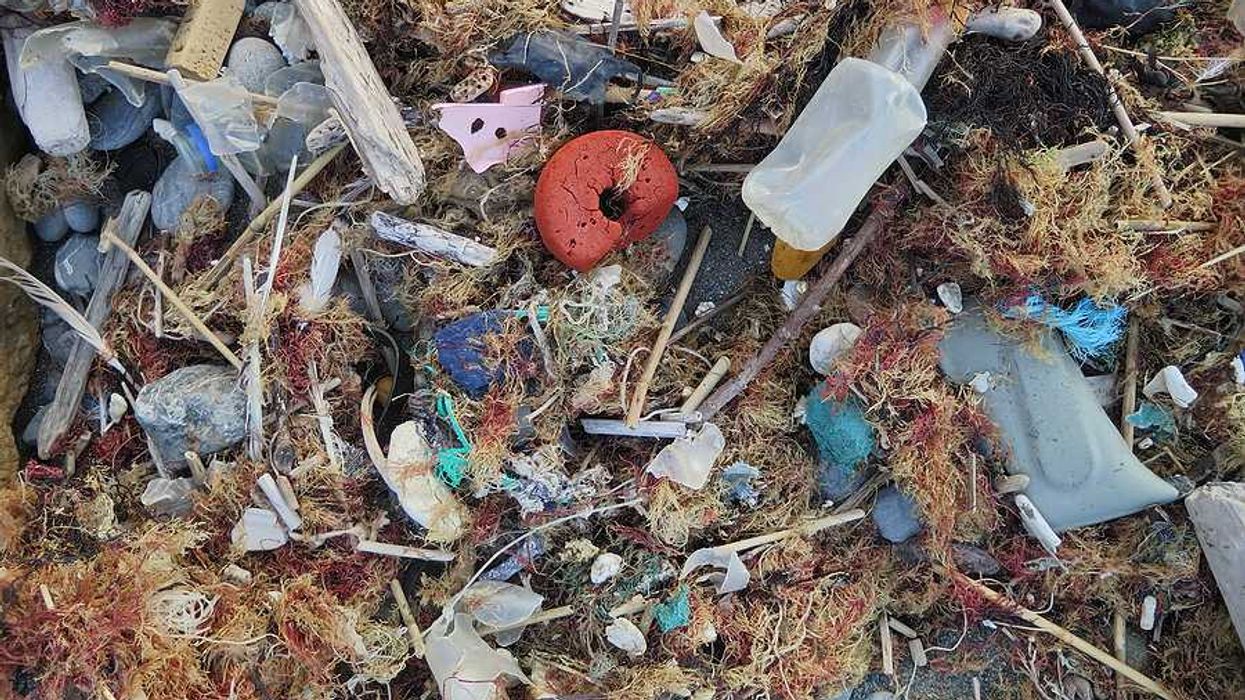Maine has discovered PFAS contamination affecting residential wells near decommissioned landfills, raising concerns over water safety.
Penelope Overton reports for the Portland Press Herald.
In short:
- An investigation reveals that 23 closed landfills across Maine have contaminated 51 residential wells with PFAS, some concentrations reaching 100 times over the state’s safety limits.
- The highest contamination was recorded in a Standish well at 2,510 parts per trillion, significantly surpassing Maine's safety threshold of 20 parts per trillion.
- The state provides filtration systems and covers remediation costs for affected homeowners, highlighting a proactive approach to a growing environmental concern.
Key quote:
"While upsetting, the results really are not that surprising. For most landfills, especially unlined landfills, it is incredibly likely for them to be leaking leachate and causing PFAS contamination."
— Dana Colihan, director of Slingshot
Why this matters:
When products containing PFAS are disposed of in landfills, these chemicals can leach into the surrounding soil and groundwater over time. Rainwater percolating through the landfill can pick up PFAS and carry them into nearby water sources, such as rivers, streams, and aquifers. This contamination of water supplies with PFAS poses a significant concern for both environmental and public health reasons.














